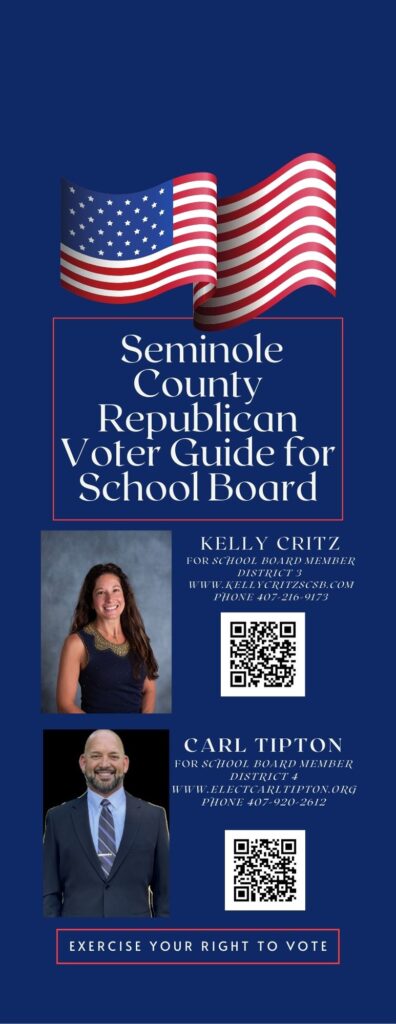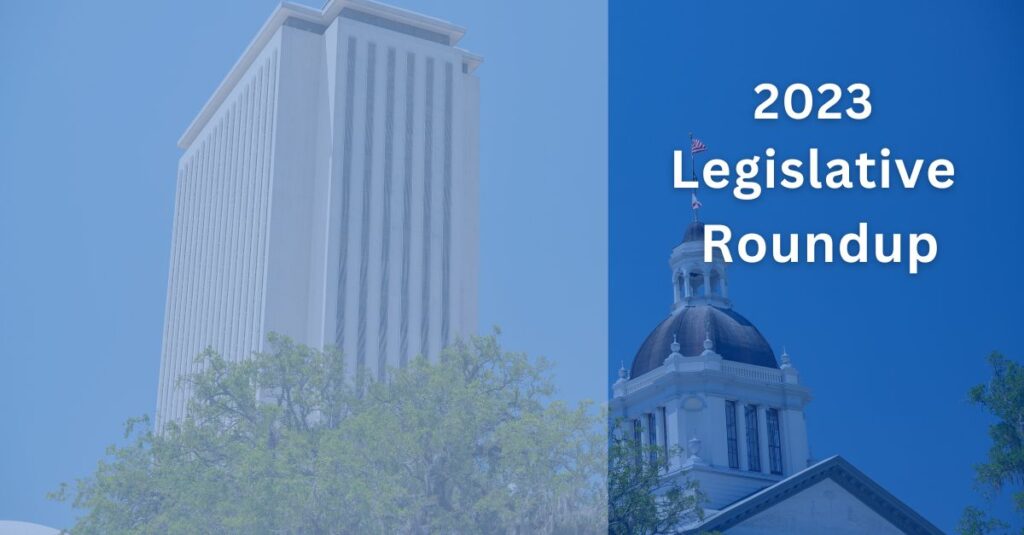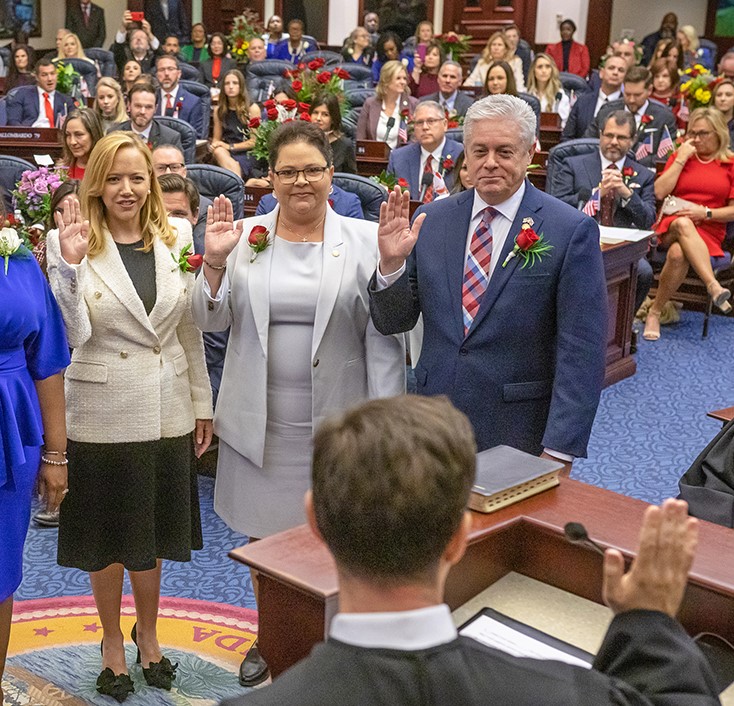Altamonte Springs proposes to raise taxes by nearly 29 percent
By Barbara Haiss Martin
Altamonte Springs proposes to raise taxes by nearly 29 percent – The first of two public hearings was held Tues., Sept. 3 at 7 p.m. at City Hall to discuss approving the budget for next year and included whether to raise the city taxes 29 percent. Four of five Commissioners have already agreed to it. Only Commissioner Jim Turney (Libertarian) is against the proposal.
This brouhaha started with a Press Release to shut down the library due to a $400,000 shortfall (later adjusted to $600,000). Once the community was enflamed at the thought of losing their beloved library, 40 people (whose only interest was in saving the library) came to a hastily called millage rate meeting on July 18, only to hear that in order to save the library the millage rate had to be raised from 3.1 to 4 and that it would only cost them about $8 a month. The increase raises more than $4.37 million — far more than the $600,000 needed for the library budget. City Manager Frank Martz later said in an interview with a TV reporter that the rest of the money would be used to stabilize other departments/programs in the City. While this was mentioned at the meeting, there was minimal discussion about other shortfall problems in the City.
According to the minutes, most of the emotionally charged people spoke at the public hearing and after hearing the choices said, “Yes, raise my taxes.” Only two people, besides Turney, opposed the increase. One person said he had rental properties in Altamonte and while he worked hard to keep the rates down for his tenants, he said he would unfortunately have to pass on the full amount of the tax to his tenants.
The basis of the $8 a month increase was not explained at the meeting but five taxing authorities go into a Seminole County tax bill: County, City, School Board, Fire and the St. John’s Water Management.
A call to the Property Appraiser’s office revealed this about the 2024-2025 millage rates:
- County – no change
- City of Altamonte Springs – proposed change from 3.1 to 4.
- School Board – slight decrease 3.13 to 3.03
- Fire – no change
- St. John’s Water Management – no change
Additionally, other cities in Seminole either remained the same or had a slight increase except the City of Sanford which had a slight decrease.
According to the clerk at the Appraiser’s office, the $88 a year increase in taxes ($7.33 a month) came from a statement the Property Appraiser made in relation to a general increase throughout all of Seminole County.
But that won’t be the case in Altamonte Springs since the City’s taxes are not spread throughout the County. If the proposed rate is approved from 3.1 to 4, for every $100,000 of assessed value of someone’s home, residents will be charged about $100. The assessed value equals the market value less any homestead or Save Our Homes benefits and less any Exemptions.
Of course, the biggest tax bearers in the City are the business owners and their tenants, including property rental companies (private homes, apartments, businesses). They do not qualify for homestead exemptions or assessment reduction programs. With businesses already struggling, additional taxes would have to be passed on to business tenants and consumers and result in higher prices for goods and services.
The second public hearing will be held on Sept. 17.
Questions:
- Why were the July 18 minutes transcribed so meticulously? Minutes usually come with general comments. Was it necessary to get those “Yes, raise my taxes” comments on the record so the Commissioners felt like they had a mandate?
- All the cities and counties are feeling the pinch financially, but why is Altamonte the only one raising taxes 29 percent?
- Why is the only Republican Commissioner standing with the “raise the taxes” crowd? Why is the Libertarian, Tunney, the only one standing up against this large increase?
- Budgets are all about spending for the next year, but what about savings? The last time I noticed an audit by the City (2021), they had $39 million in savings. Can’t they just take $600,000 from the kitty and save the library for a year until the economy stabilizes instead of causing an uproar with the citizens and overtaxing them?
- With two Democrats and one Independent (or NPA) rounding out the board, is this just another “Don’t waste a crisis” hustle.
- Create the crisis
- Have a hastily called meeting
- Offer only one solution — overtaxing the populace. (Residents suggested other options but most were dismissed by the Commission.)
Obviously, this was never about the library. It was just a useful tool to emotionally manipulate people to raise taxes.
We all know how we got here. The current administration did everything possible to destroy our economy and the rest of us are waiting for a November election to set things straight and stabilize our economy. I believe the City of Altamonte Springs should wait as well.
Barbara Haiss Martin is an award-winning journalist who has lived in Altamonte Springs with her family since 1972
Altamonte Springs proposes to raise taxes by nearly 29 percent
Thanks for reading “Altamonte Springs proposes to raise taxes by nearly 29 percent” by the SeminoleGOP.org












